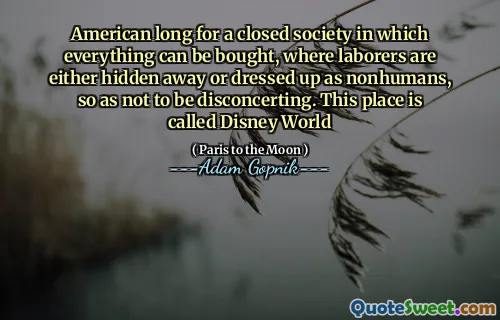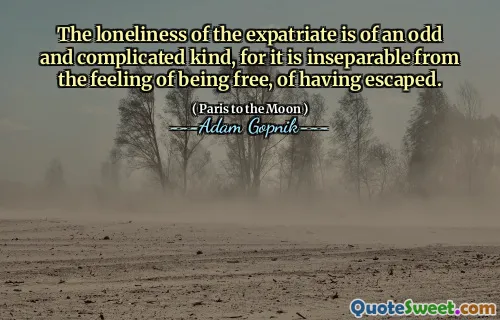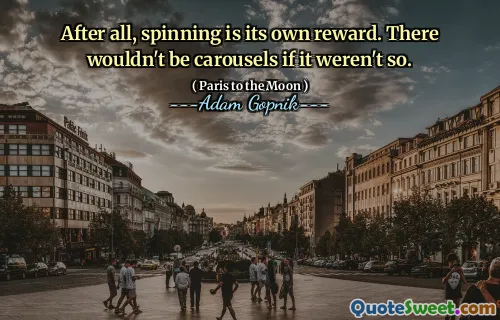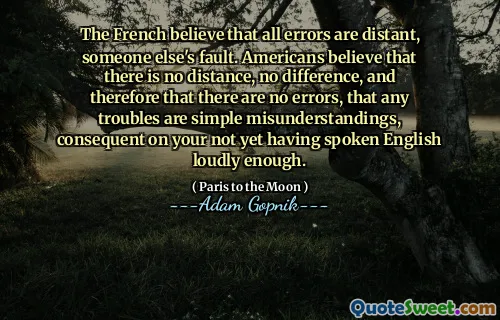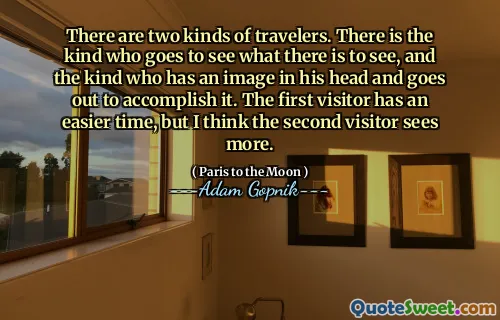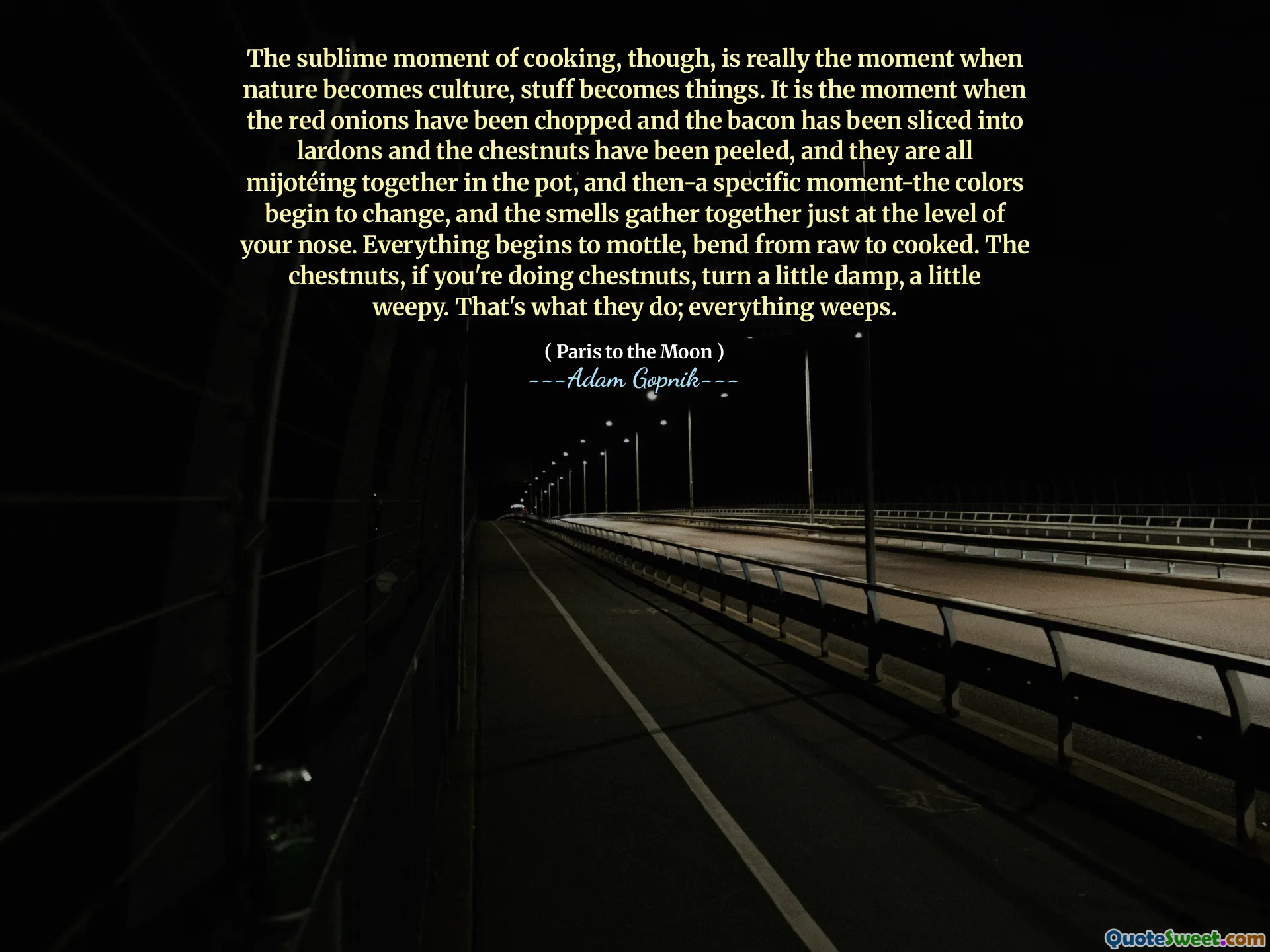
The sublime moment of cooking, though, is really the moment when nature becomes culture, stuff becomes things. It is the moment when the red onions have been chopped and the bacon has been sliced into lardons and the chestnuts have been peeled, and they are all mijotéing together in the pot, and then-a specific moment-the colors begin to change, and the smells gather together just at the level of your nose. Everything begins to mottle, bend from raw to cooked. The chestnuts, if you're doing chestnuts, turn a little damp, a little weepy. That's what they do; everything weeps.
In "Paris to the Moon," Adam Gopnik explores the transformative process of cooking, emphasizing how it connects nature to culture. This pivotal moment in the kitchen is when raw ingredients, like chopped onions and sliced bacon, start their journey toward becoming a dish. As they combine in the pot, the raw materials undergo a transformation that signifies a deeper connection to culinary art. The sensory shift is palpable, with colors deepening and aromas wafting through the air, highlighting the beauty of the cooking process.
Gopnik vividly illustrates this experience, noting how each ingredient undergoes a change, creating a symphony of scents and visuals. The act of cooking, he suggests, reveals an intimate connection to the essence of food as it evolves from its natural state into a prepared meal. The chestnuts, for instance, seem to "weep" as they release moisture, symbolizing the emotional and sensory resonance of cooking. This moment of transformation marks a celebration of culinary creativity, where the ordinary becomes extraordinary.

